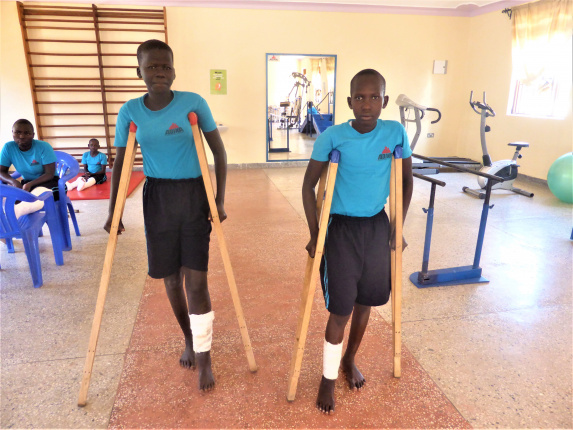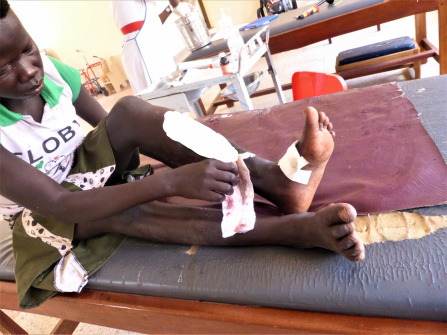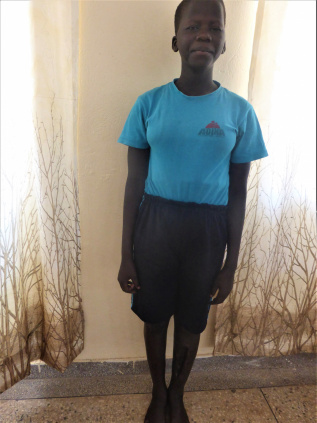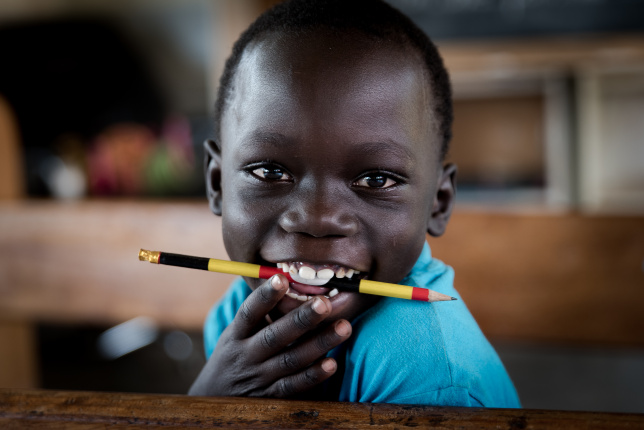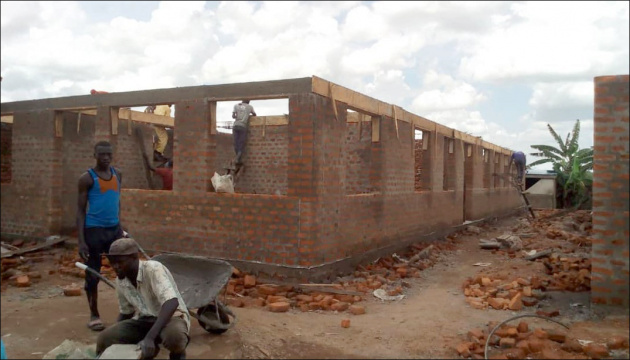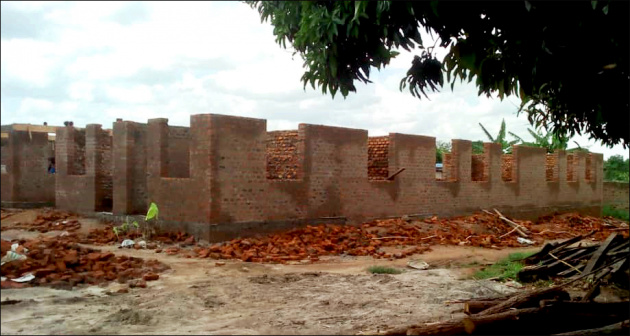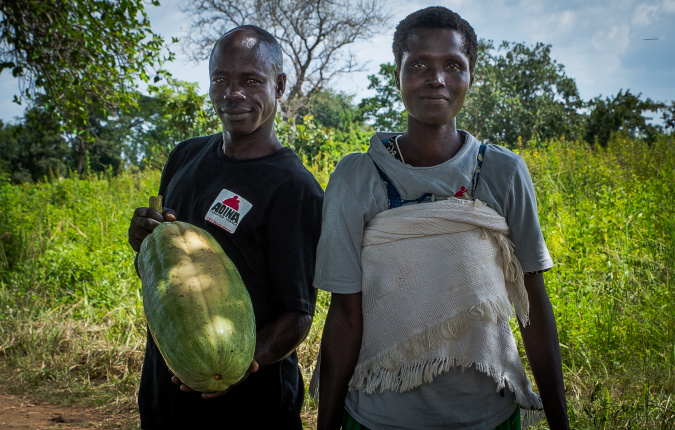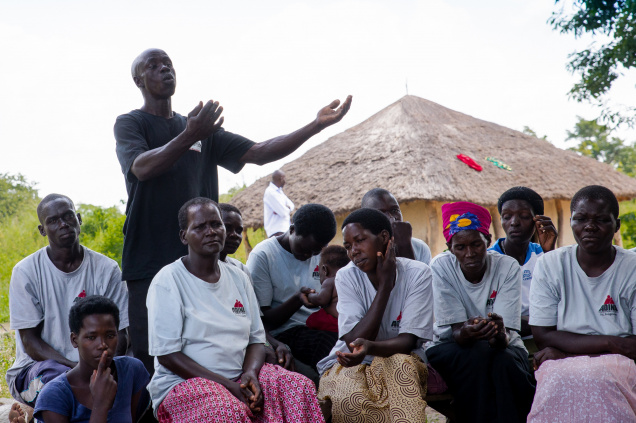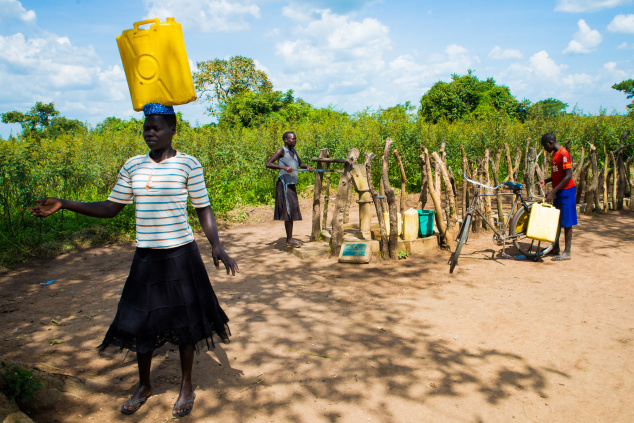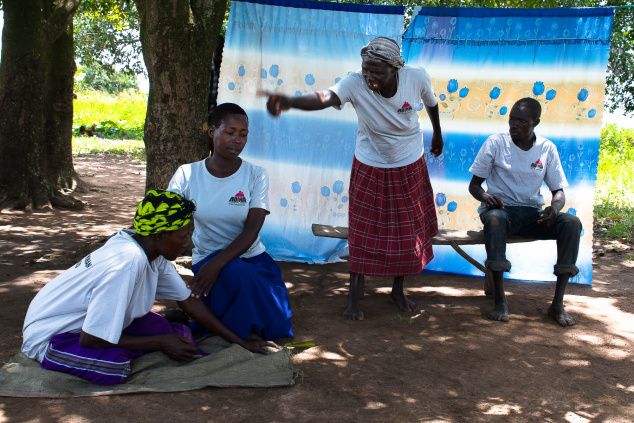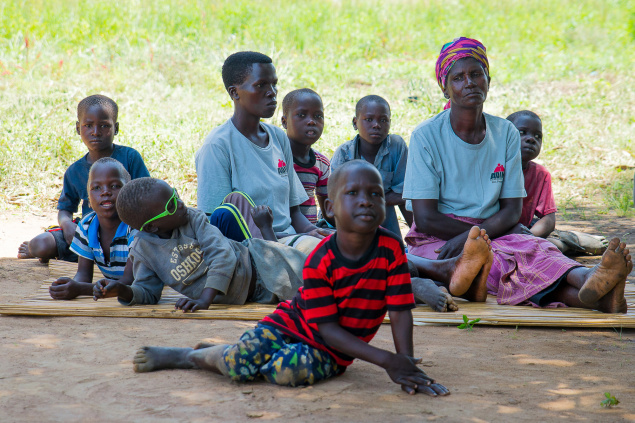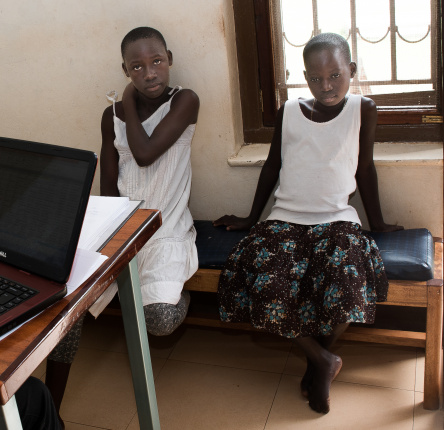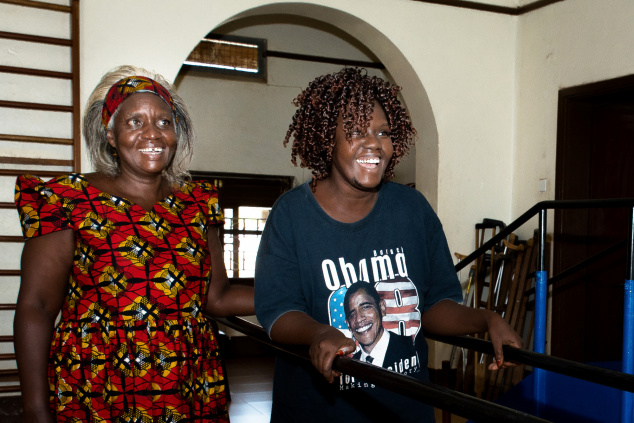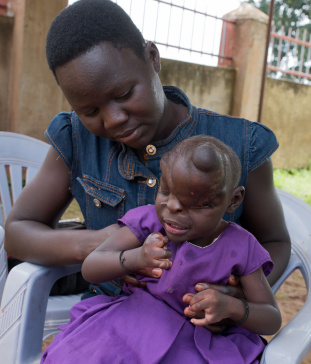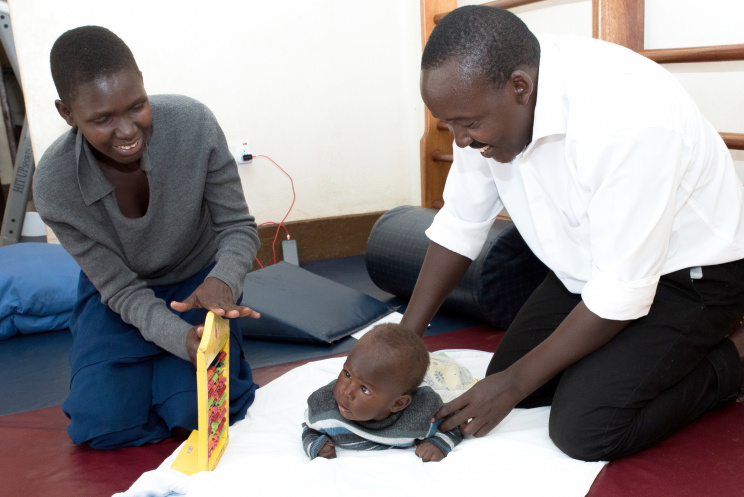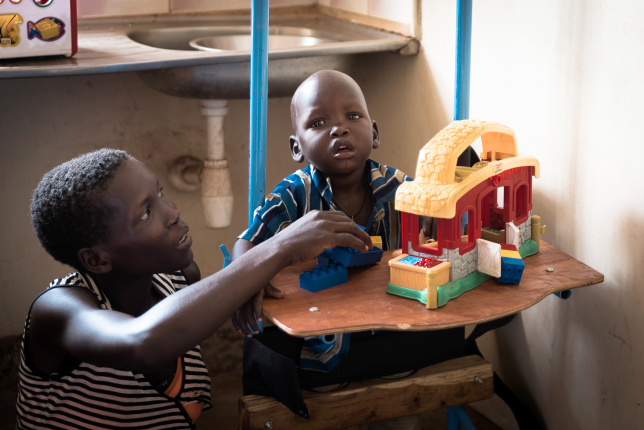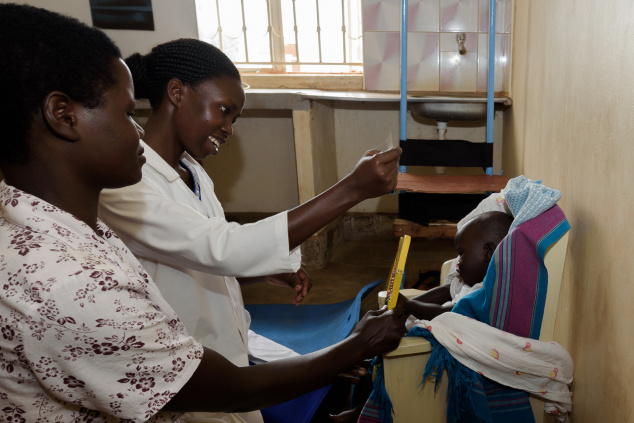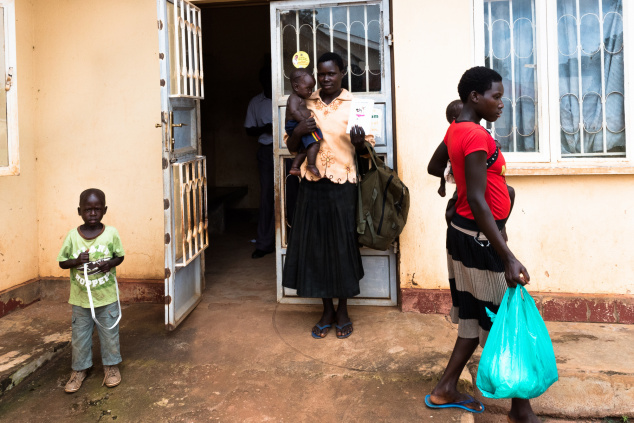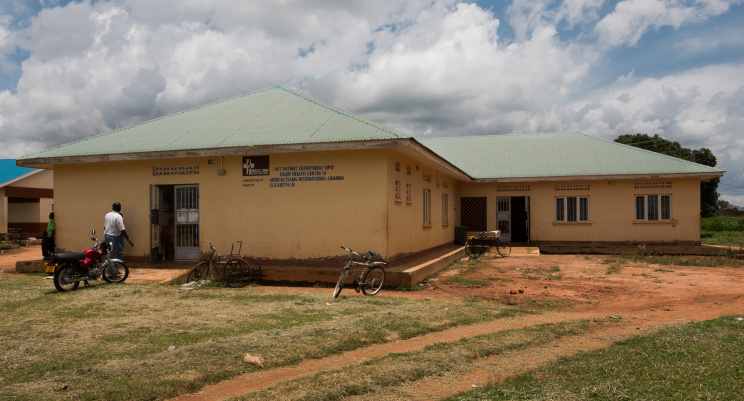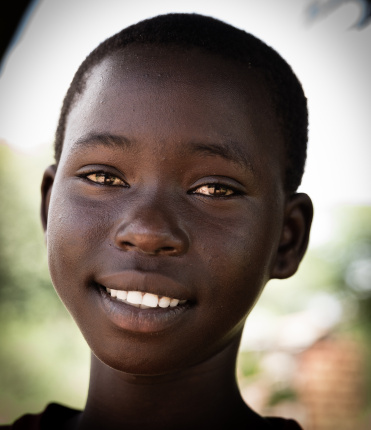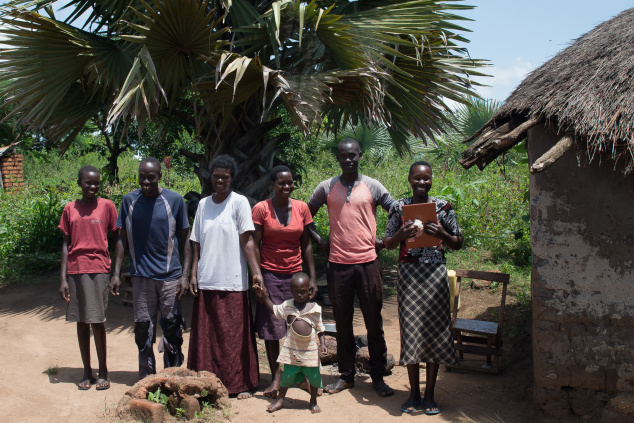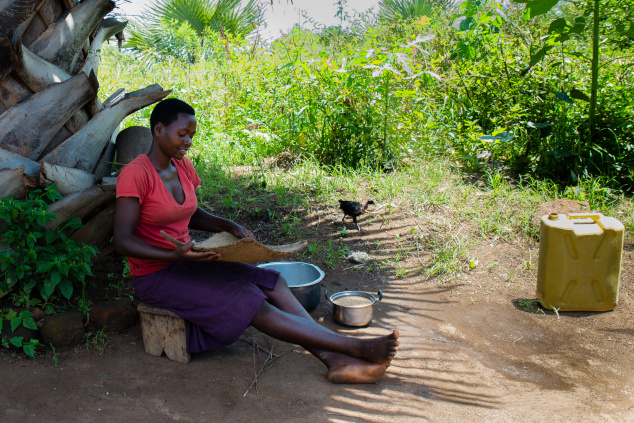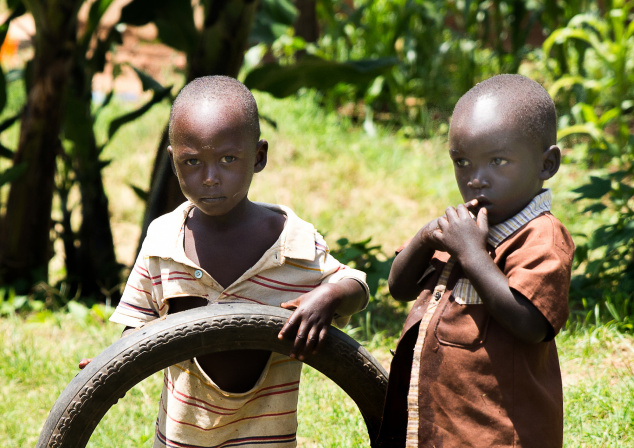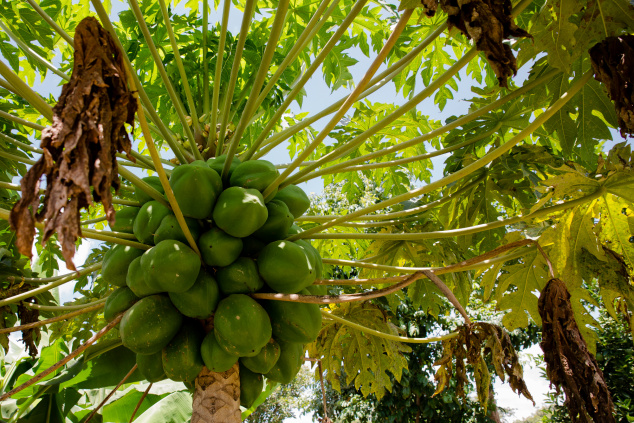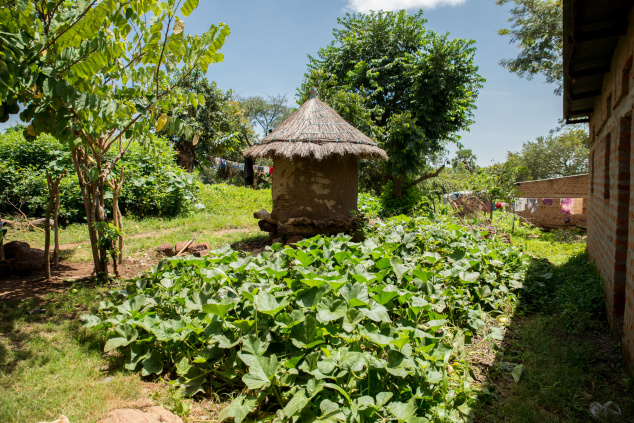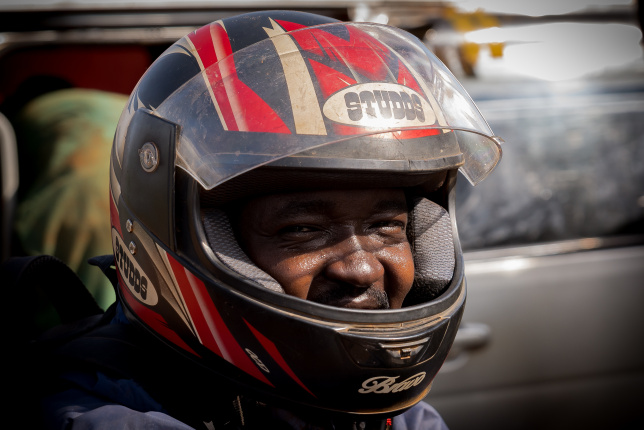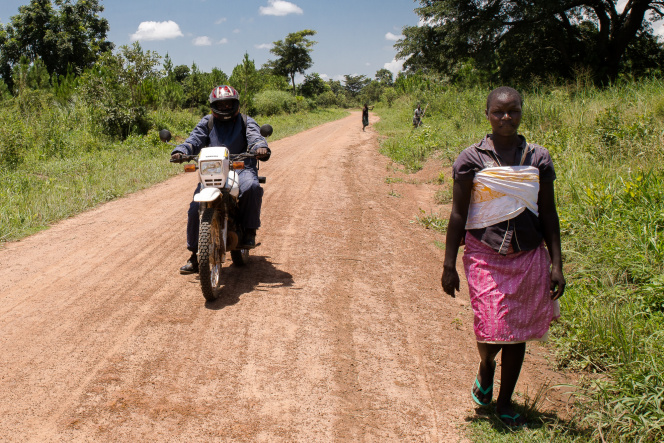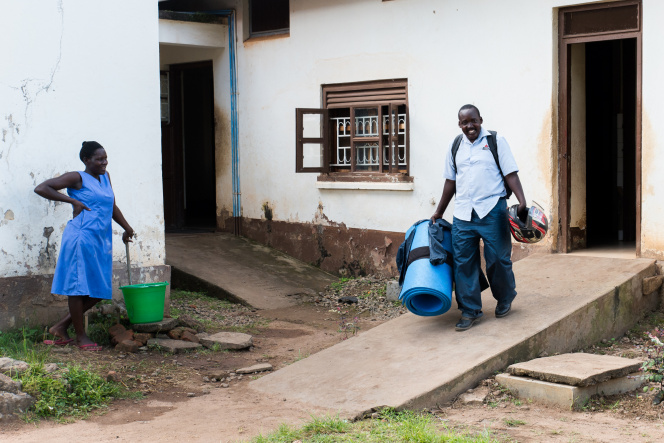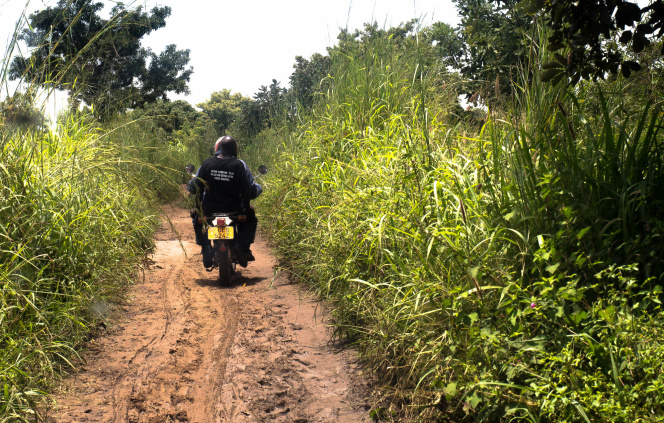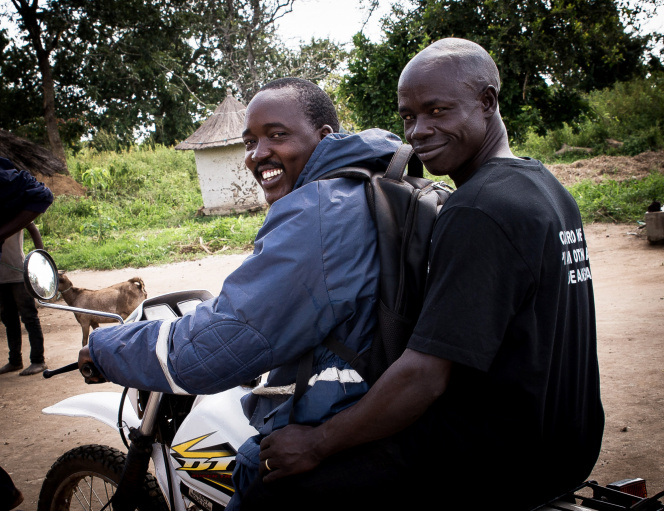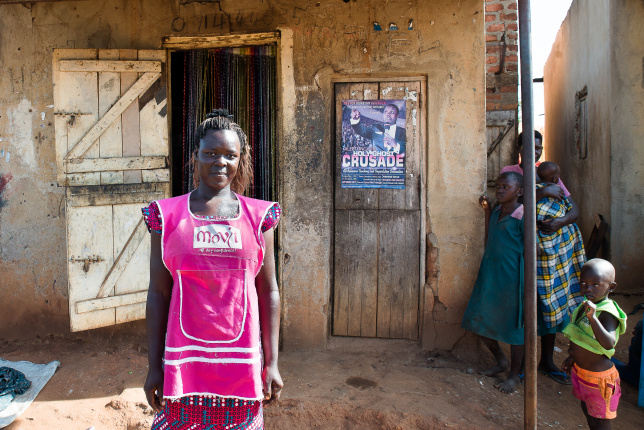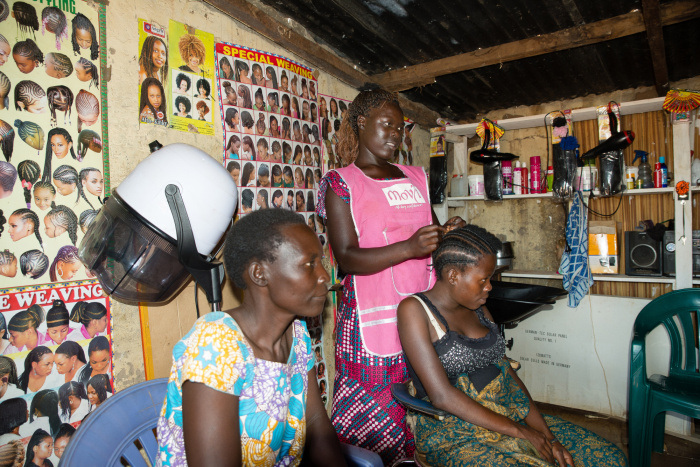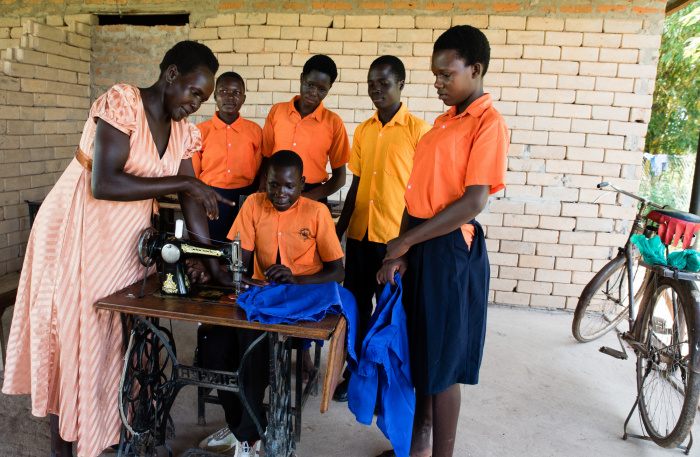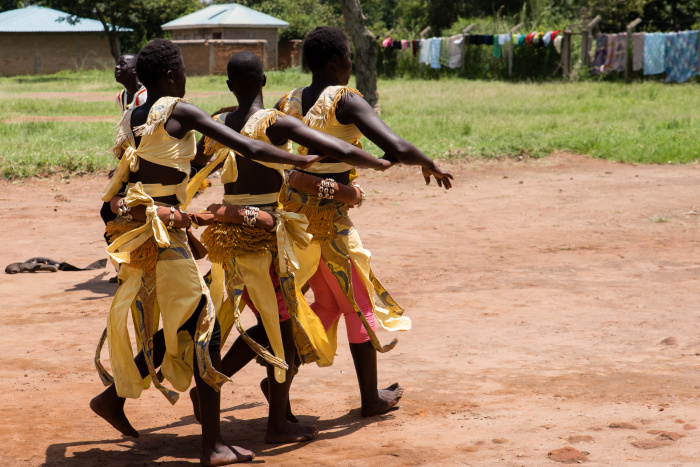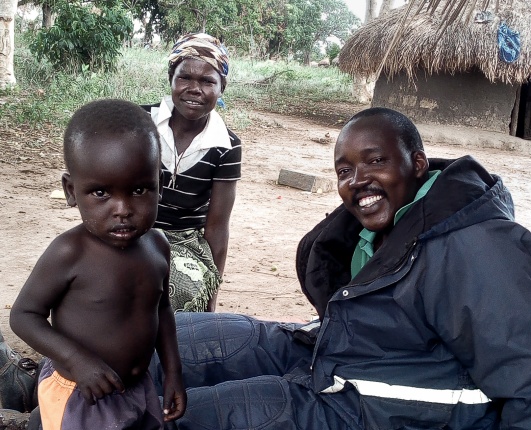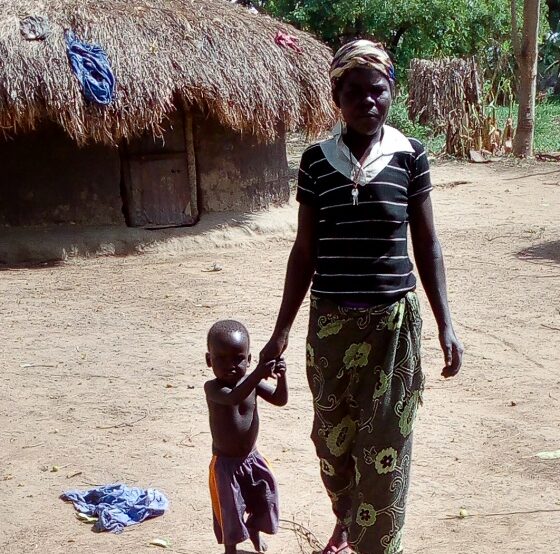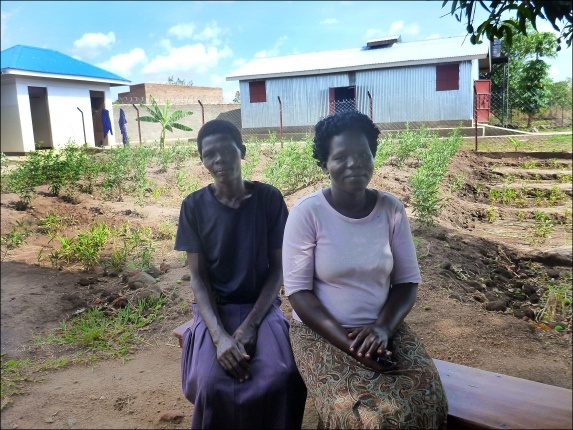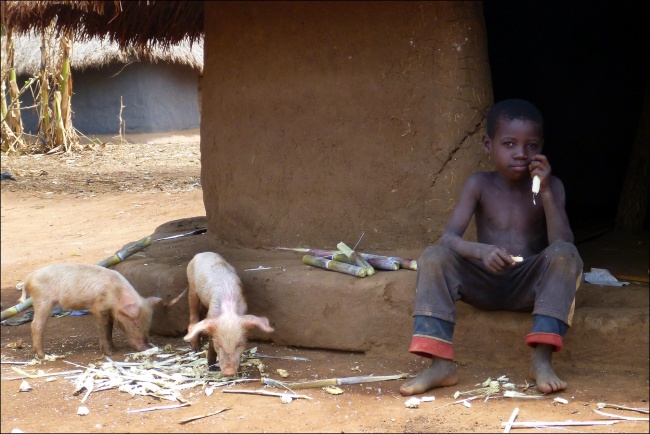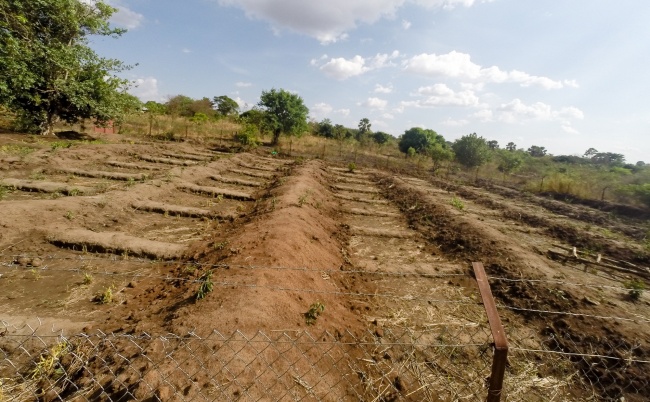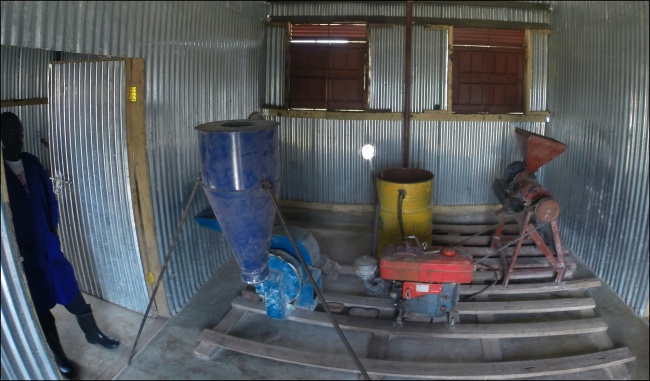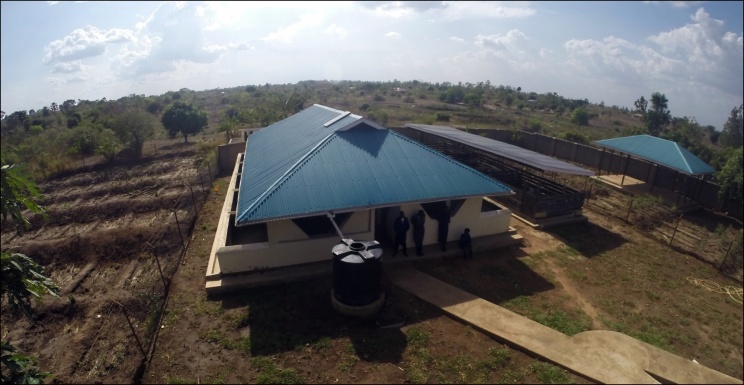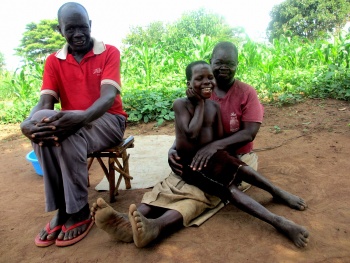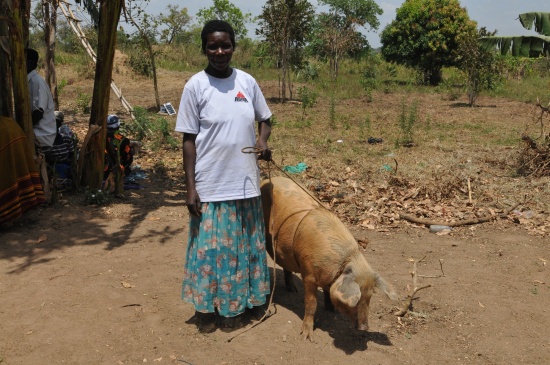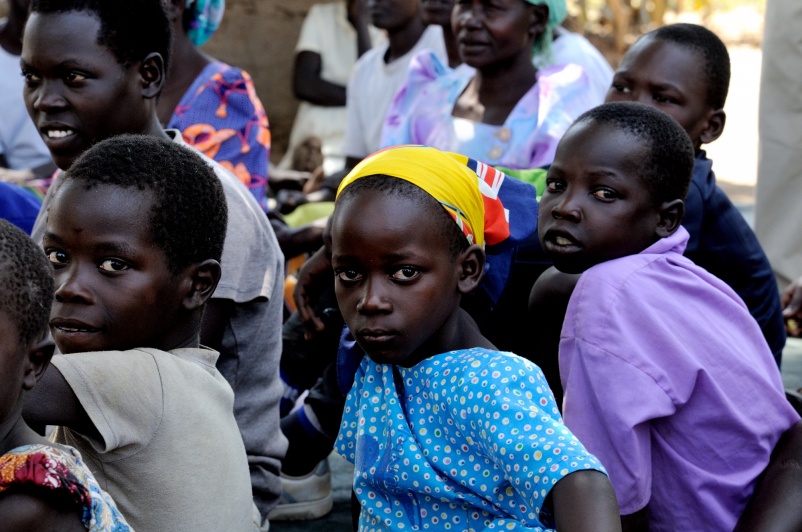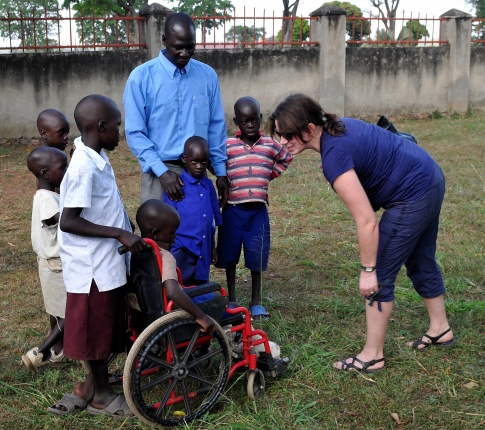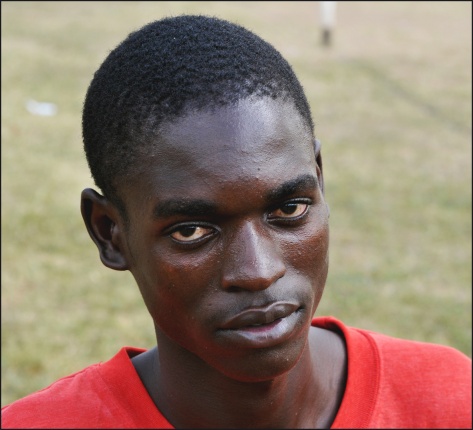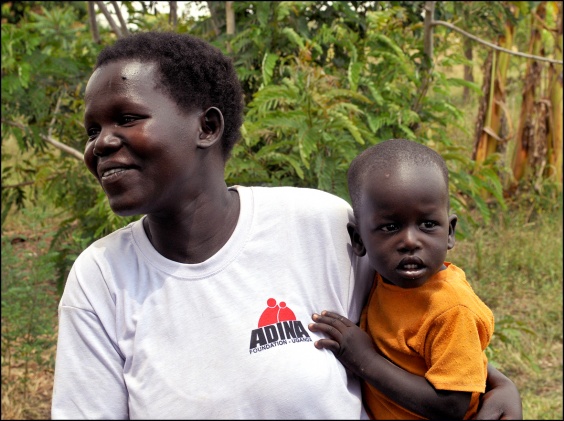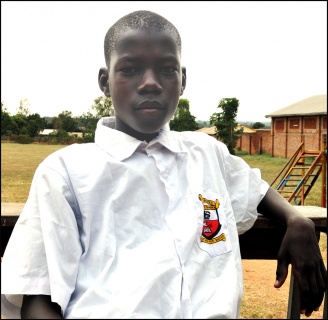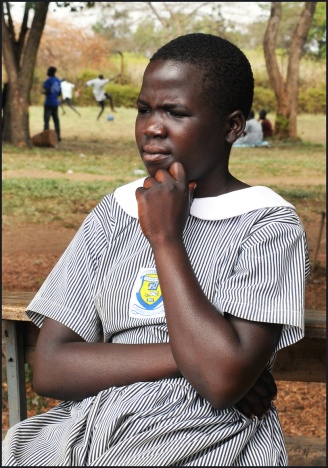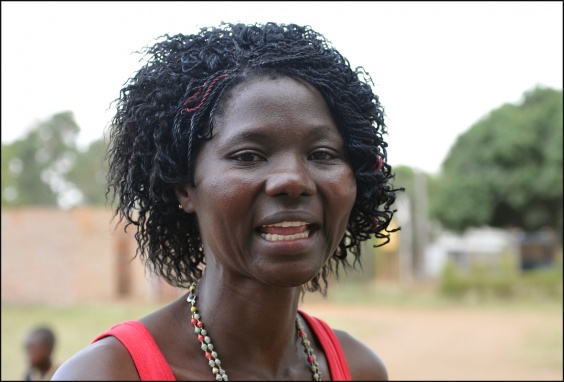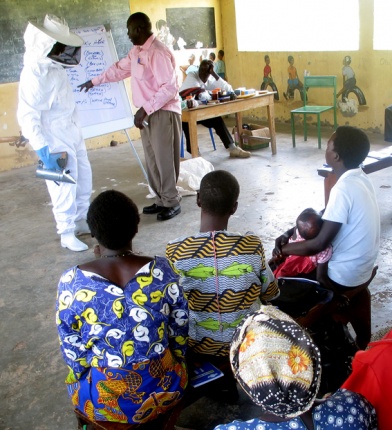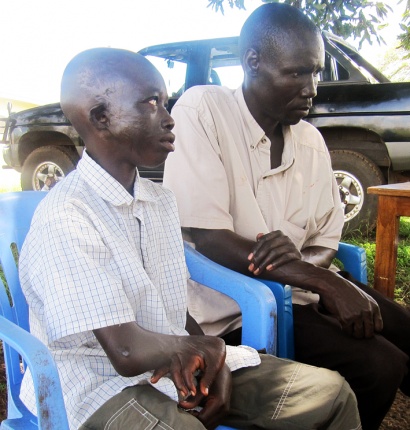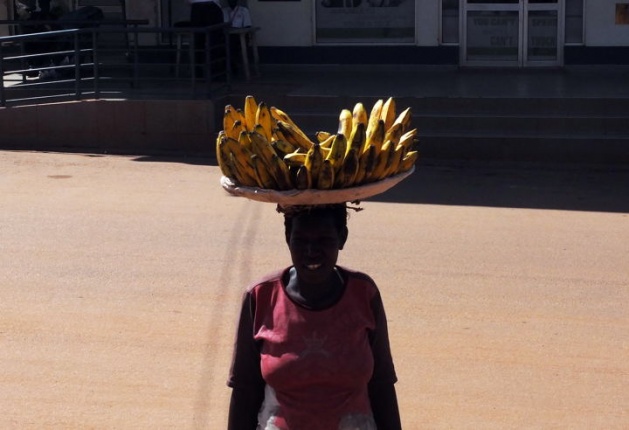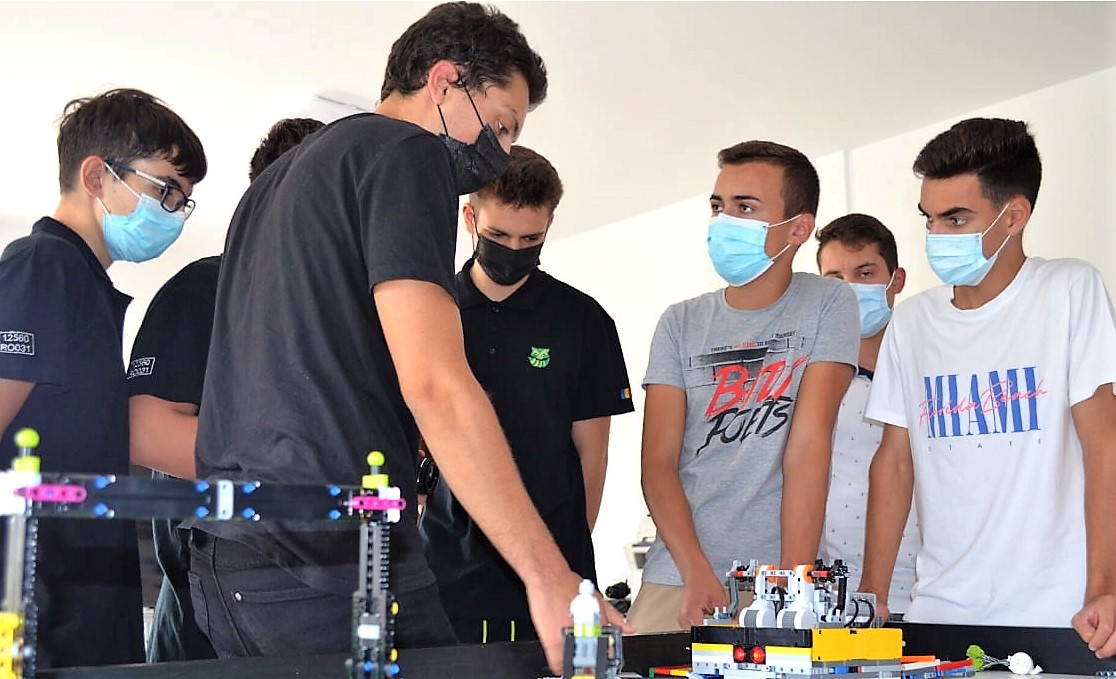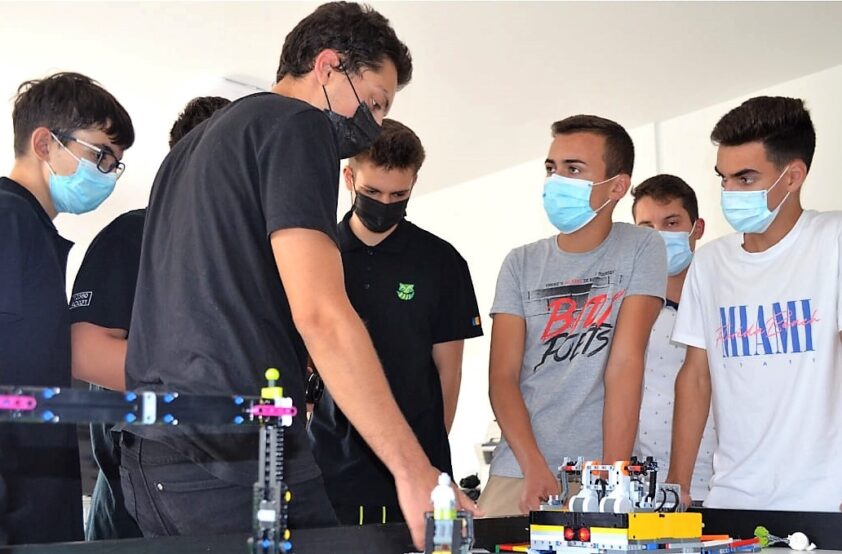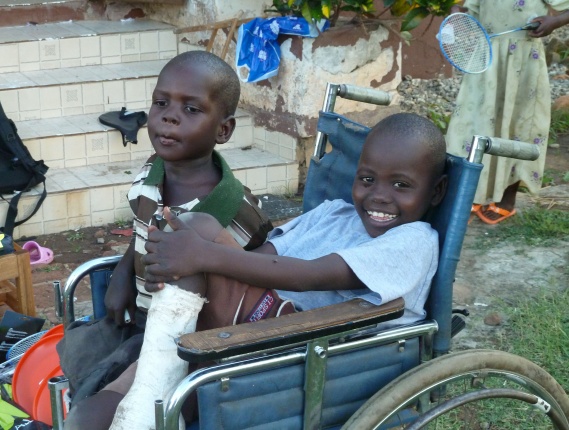
We emphasize the following: Rehabilitation, reintegration, education, child welfare, organizational development and social learning. Results and feedback from the parents in the first years of operation show that we are on the right course.
LOCAL EMPLOYEES. All employees of Adina Foundation Uganda are local employees with high competence in their fields. In addition, the local leaders where the children come from are very involved in the project. They have visited the center several times, participated in the training of the parents, and they help to inform the parents along the way. This is important. Without the commitment and support of local leaders, it is difficult to create a lasting change of attitude in society. In addition, it is a matter of trust - tens of thousands of children have been abducted by the LRA in northern Uganda during the years of civil war. In addition, children who are sacrificed or maimed disappear. Parents are therefore, rightly, skeptical of strangers.
COMPREHENSIVE TREATMENT. The first 20 children came to us in February 2010. This year, around 75 disabled children have visited the center. They come from two municipalities in Lira District (county). The children are offered a comprehensive treatment offer consisting of physiotherapy, operations, teaching, psychosocial training and support, as well as a lot of singing, dancing and play. In line with this, the Foundation has helped to make several of the district's schools accessible to wheelchair users.
DEMANDING MOTTO. After three months at the center, the children return home. There are parents / guardians who have been trained and organized in support groups. Together with our social workers, they have talked a lot about the challenges of having a disabled child, and about the children's further opportunities. The motto is "Disability is not Inability". The physiotherapists have taught the parents exercises they can perform with the children to continue their progress. Our finance manager in Lira has given the parents an introduction to simple principles for business operations since they now have the opportunity to start simple income-generating activities based on the microfinance principle. The precondition for this, however, is that the parents undertake to let their disabled children go to school and participate in society. The parents must also participate in the support groups that have been created.
SOCIAL LEARNING. The parents express great gratitude for the opportunities they have been given and the progress they see in the children, at the same time as our employees see that the children's status in the families changes. Many parents have lived with great grief because they know they have neglected their children. They have had little food, the weakest have not received what they needed and the families have had to manage in very difficult conditions. This has led to them having to make some bad choices at some crossroads. But as one father put it, "It's a little strange. The child we thought would be a burden for us all our lives - has now become the one who helps the family. Thank you very much Adina Foundation. ” The parents gradually discover that when many people come together and form interest groups, this strengthens the position of the families involved in the local community. In this way, our commitment also becomes valuable for social learning.
TRADE. The help-to-self-help principle is Adina's guideline in our interaction with families. We believe we are well on our way to achieving the goals of giving children and young people a starting point that enables them to improve their living conditions. At the same time, we give their families a new foundation, as long as they are able to manage the new opportunities that now open up through our Piggery Project.
The foundation is all the way very conscious of building a local network through a constructive dialogue with the district authorities and institutions. Thus, relevant expertise in this field is transferred and maintained so that the Lira Rehabilitation Center can eventually be run by and with local forces and funding through the Adina Foundation Uganda.
VICTIMS OF THE CIVIL WAR. We have coverage to claim that we are on track to the goals when the center in two years has treated over 180 children. By 2019, we will have helped at least 600 children. We take care of a group that has been written off from society. Disabled children are traditionally at the bottom of the ladder in Ugandan society. It is wonderful to witness the transformation that happens to them during their stay at the center. Through intensive physiotherapy, more people have learned to walk. Children who were unstable due to various muscle problems, run around as if they have never done anything else. Through good partners in Uganda, some have had simple operations performed.


